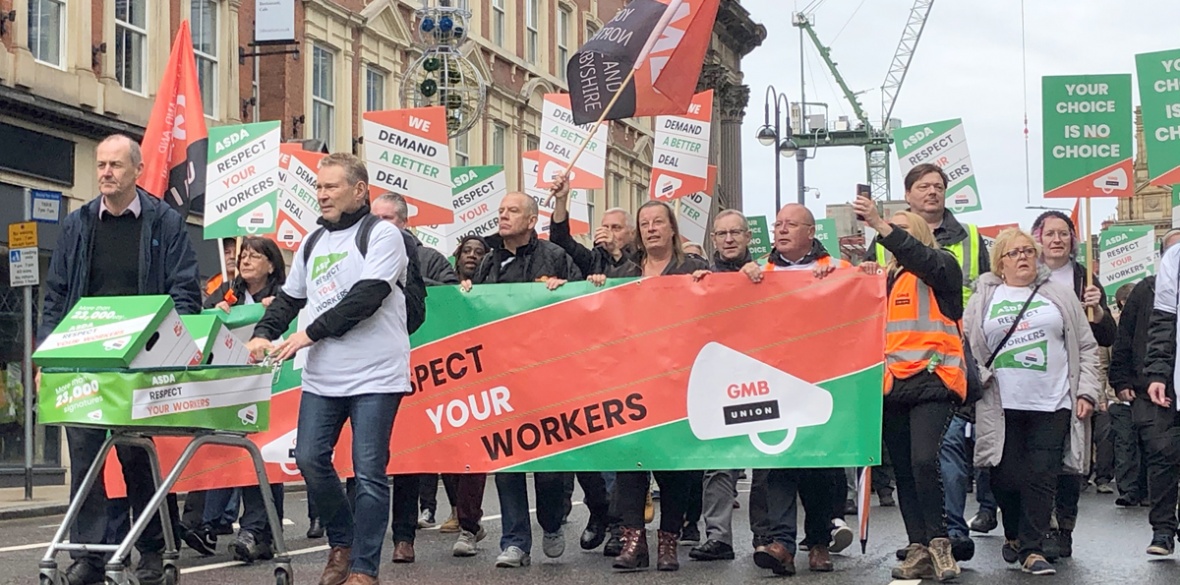This is the last article you can read this month
You can read more article this month
You can read more articles this month
Sorry your limit is up for this month
Reset on:
Please help support the Morning Star by subscribing here
ON Thursday January 9, MPs voted by 330 to 231 to give a third reading to Boris Johnson’s Withdrawal Agreement Bill, an overwhelming majority that surely ends the Groundhog Day routine of parliament’s Remain party.
For two and a half years since Theresa May’s minority Tory government was returned following her disastrous performance in the 2017 general election, UK political commentary was dominated by parliamentary and legal tactics aimed at preventing implementation of any form of Brexit — punctuated by massive retaliations by voters in local, European and finally the 2019 general election.
Now that this phase of tactical obstruction seems to be over, real political argument will move on to what Brexit will look like.
Unfortunately for the runners and riders in the contest to become the next leader of the Labour Party, this seems hard to grasp. Some continue to fight the same disastrous “culture war” against the 2016 referendum decision to leave the EU that lost them the 2019 general election. Others prefer not to talk about Brexit — the issue that overwhelmingly lost them the last election.
The corporate interests that pro-Remain MPs thought they were forming a political alliance with in Labour’s self-harming embrace of the so-called People’s Vote campaign have simply moved on, leaving the Labour Party weakened, isolated from many working-class voters and internally divided. Job done.
Global accounting firm Deloitte’s survey of Chief Financial Officers (CFO) for the fourth quarter of 2019, undertaken between December 13 and January 6 in the wake of the recent general election, showed the largest rise in business confidence in the survey’s 11-year history taking it to its highest ever level.
Unsurprisingly, corporate bosses are increasingly optimistic. They look forward to the bonanza of government spending promised by Boris Johnson’s new “post-austerity” Tory government.
Britain leaving the EU is now rated only the third most important area of concern for big business after global instability risks and slowing rates of economic growth.
CFOs now expect an increase in UK corporate revenues over 2020.
Pessimism at long-term impacts of Brexit fell to the lowest level since 2017. For the first time since 2016, CFOs expect UK corporates to increase capital expenditure and hiring over the next 12 months, with half of CFOs reporting a rise in recruitment difficulties or skills shortages in the previous three months, consistent with a tightening labour market and unemployment at 3.8 per cent, a 45-year low.
Boris Johnson’s government will now proceed to enact a legislative agenda covering not only “divorce” payments to the EU, citizens’ rights, customs arrangements for Northern Ireland and the 11-month transition period after Britain leaves the EU on January 31, but also the perennial Tory agenda of attacking trade-union rights at home and boosting imperialism abroad.
The left in the UK faces serious challenges. Since the 2016 EU referendum, there has been a dangerous flight from class analysis particularly by some commentators on the left of Labour Party.
The regressive tendency of commentators such as Paul Mason, who once claimed to be anti-capitalist and a critic of the EU, to segue from an illusory post-capitalism into pro-imperialism is a journey that ends in tears. Whether those are tears of laughter or of tragedy depends on how seriously you took him in the first place. And Paul takes himself very seriously indeed.
In 2019, in place of arguments for the transformative potential of Labour’s programme of public investment and public ownership that can only be realised outside of EU membership, we heard a good deal of nonsense from media personalities adopting slogans such as “Remain and Rebel.”
Instead of a clear analysis of the imperialist role played by the EU in Africa, the Middle East and South America and in promoting revanchist, far-right political forces in the Ukraine and elsewhere, some on the left promoted the EU as “a force for peace” and a bulwark against racism and intolerance.
Now Britain is leaving the EU under a Tory government there is a need for socialists, trade unionists and left-wing activists to reflect on the election results, what lessons we can take from the campaign and the period preceding it, and what we need to do to develop and advance radical, socialist politics in the years ahead.
Leave, Fight, Transform — the LeFT Campaign will be holding a public meeting in central London on Sunday January 12 to discuss the tasks facing all of us who want to fight for a socialist Britain and against the real threat of world imperialism. Come and join us.
Alex Gordon is a convener of Leave-Fight-Transform, the LeFT Campaign against the European Union.
Public meeting: Taking stock and moving forward, hosted by Leave, Fight, Transform is on Sunday January 12 2020, noon to 2pm at the Lucas Arms, 245A Gray’s Inn Road, London WC1X8.










